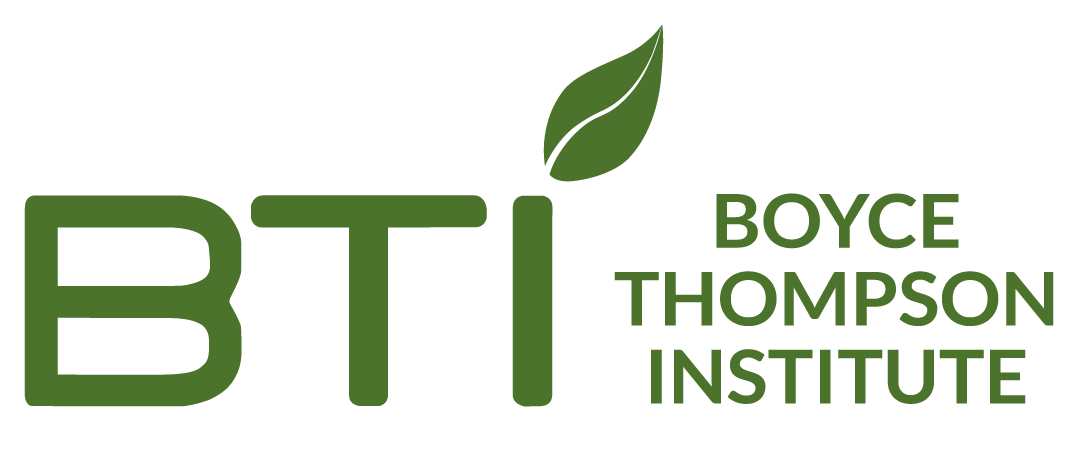Introduction to Galaxy Workshop
Instructor: Dave Clements
9:00-5:00
Location: Room B30A, Mann library
Cornell University
Registration
Registration is free and open to any member of the Boyce Thompson Institute and the Cornell research community. Space is available on a first-come, first served basis.
Audience
Are you a life scientist who needs to do complex analysis on large datasets?
Galaxy is an open, web-based platform for data intensive life science research that enables non-bioinformaticians to create, run, tune, and share their own bioinformatic analyses.
Most of the workshop will be hands-on and teach participants how to integrate data, and perform simple and complex analysis within Galaxy. It will also cover data visualization and visual analytics, and how to share and reuse your bioinformatic analyses, all from within Galaxy.
No programming or Linux command line experience is required.
Agenda
The agenda below is tentative and should be considered a work in progress.
| Time | Topic |
|---|---|
| 9:00 | Welcome Introductions and logistics |
| 9:20 | Basic Analysis with Galaxy Walk through a worked, hands-on example demonstrating basic analysis with Galaxy |
| 10:45 | Break |
| 11:00 | Basic Analysis into Reusable Workflows Genericize our analysis into something we can use again. |
| 12:20 | Lunch (on your own) |
| 1:20 | RNA-Seq Example Part I Review 1) NGS data quality issues and some quality control options in Galaxy; and 2) Mapping and Splice Junction Calling |
| 2:50 | Break |
| 3:05 | RNA-Seq Example Part II Differential expression |
| 4:30 | Launch your own Galaxy instance on Amazon Web Services |
| 5:00 | Done |
Support
This workshop is generously supported by an AWS in Education research grant award, the Boyce Thompson Institute, Cornell University, and the National Institutes of Health (NIH).
Slides
Feedback
Questions?
Contact [Galaxy Outreach](mailto:outreach AT galaxyproject DOT org).



